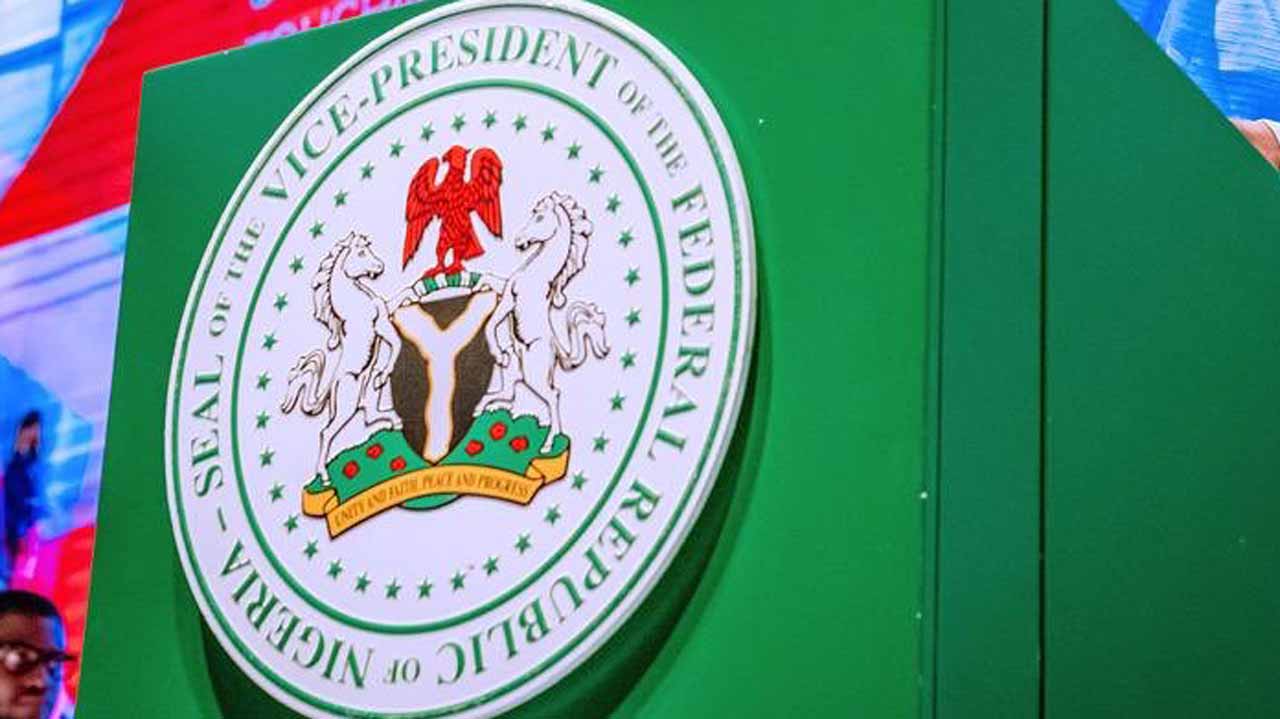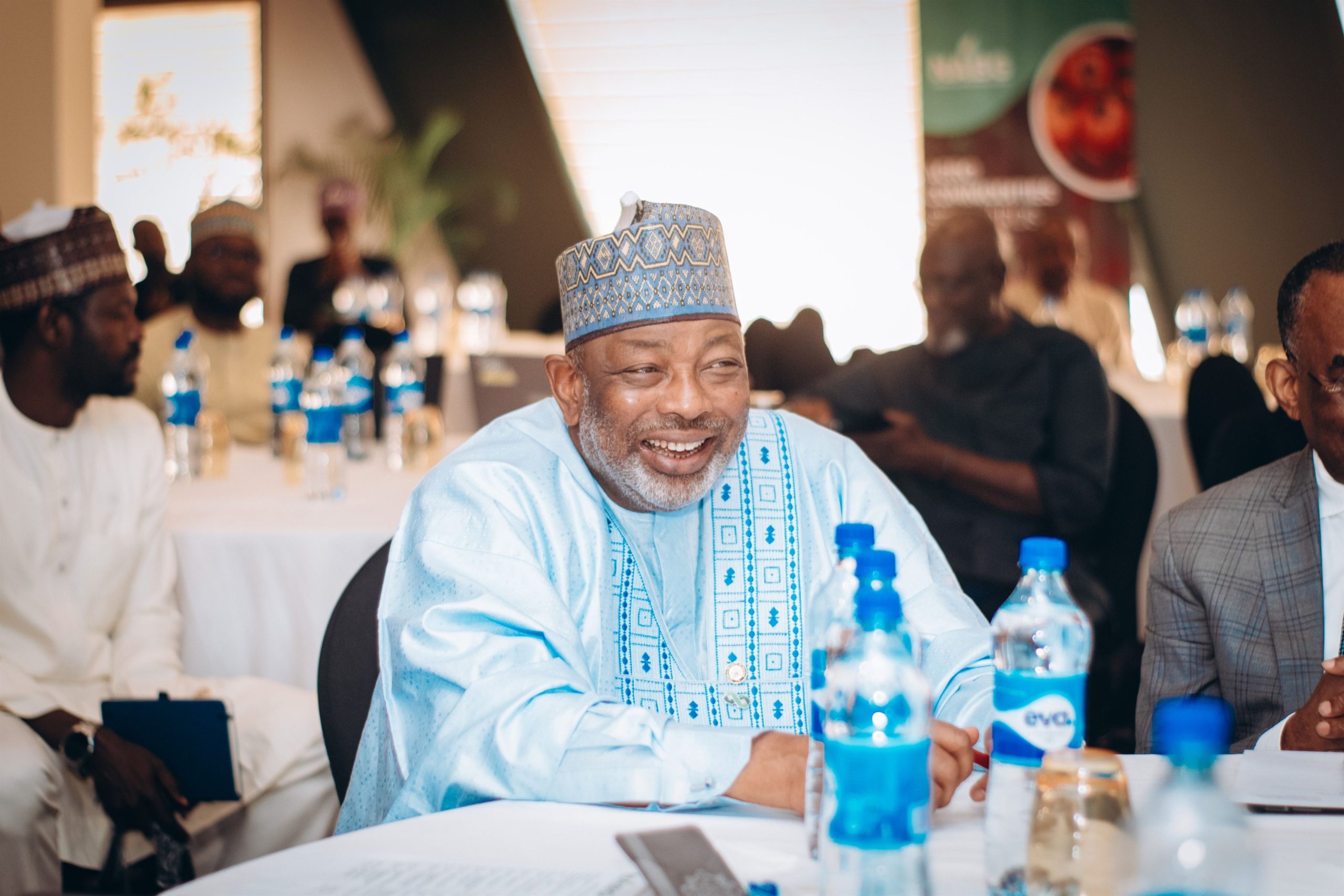
On January 20, Barack Obama’s eight-year presidency will be over. When the Kenyan-Kansan was elected the first black president of the United States (U.S.) in 2008, a wave of “Obamamania” swept across Africa and the Diaspora. By the time Obama visited South Africa, Senegal and Tanzania in 2013, the “Cinderella syndrome” had worn off. The unrealistic expectations that the U.S. president would transform Africa’s fortunes had not even come close to fruition. American policy towards Africa continued to lack consistent Congressional support, while Africa remained at the bottom of U.S. policy priorities.
Obama’s Africa policy was based on four pillars: Democratic governance; conflict management; economic growth and development; and access to quality health and education. But these became crumbling pillars built on rickety foundations of crass self-interest and empty symbolism. Obama continued several of the truculent George W. Bush’s most egregious policies which militarised America’s engagement with the continent. “Extraordinary rendition” of terror suspects abroad, with the risk they may be tortured, continued; 2,000 U.S. soldiers remained in Djibouti to track terrorists; and autocratic regimes in oil-rich Equatorial Guinea as well as in Egypt, Morocco, Uganda, Rwanda, and Ethiopia remained staunch American allies or clients, rendering Obama’s 2009 Accra pledge to support “strong institutions, not strong men,” meaningless.
Officials of America’s Germany-based Africa Command (AFRICOM) still roam the continent in a seemingly endless “war on terror.” The Obama administration established drone bases in Djibouti, Ethiopia, and Seychelles; deployed killer drones in Somalia and Libya; and a drone centre was established in Niger to track terrorists in Mali. One hundred U.S. Special Forces have operated inside Somalia, while another 100 were deployed to hunt Ugandan warlord, Joseph Kony. The Obama administration in fact oversaw one of the largest military expansions into Africa establishing small bases and outposts for drones, surveillance, air-bases, Special Forces, and/or port facilities in Kenya, Uganda, Chad, Central African Republic (CAR), South Sudan, the Democratic Republic of the Congo (DRC), Ethiopia, Burkina Faso, Ghana and Senegal.
More positively, the Obama administration provided support to peacekeeping missions in Africa and contributed to peacemaking efforts in the Great Lakes and Horn of Africa. One of the greatest disappointments of Obama’s presidency for Africa is, however, that he continued to support, rather than challenge, neo-colonial French actions in countries like Mali, Côte d’Ivoire, and CAR. The U.S. president could instead have lent greater support to regional-driven United Nations (UN) peacekeeping efforts in all three cases. In 2014, Obama described the aftermath of the North Atlantic Treaty Organisation’s (NATO) Libya intervention, three years earlier, as his “biggest foreign policy regret,” bemoaning the failure to plan for post-conflict reconstruction. Having at first denied a “regime change” agenda, Obama finally conceded in October 2011 that “we had to make sure that Muammar Qaddafi didn’t stay there…Qaddafi had more American blood on his hands than any individual other than Osama bin Laden.” The sophisticated weaponry from Qaddafi’s army enabled Islamists who had been fighting in that country to launch the successful destabilisation of northern Mali, spreading instability across the Sahel. This was effectively Obama’s mini-Iraq: acephalous Libya is now characterised by rival governments, armed groups, international terrorists, violent abductions, arbitrary killings, and 300,000 internally displaced persons.
In the socio-economic sphere, the U.S.-led Group of Eight (G8) New Alliance for Food Security and Nutrition created much fewer jobs than the 650,000 it had promised. Civil society critics argued that the programme had benefitted large foreign agri-business at the expense of African small-holders. Various U.S. programmes, however, contributed positively to improving education for children in Nigeria, South Sudan, Liberia, the DRC, Mozambique, Tanzania, and Côte d’Ivoire. Obama also inaugurated a Young African Leaders Initiative through which 500 African youth under the age of 35 (Mandela Washington Fellows) are annually provided with six weeks of intensive executive leadership training, networking, and skills building in U.S. institutions in the areas of business and entrepreneurship; civic leadership; and public management. A paltry $10 million is also provided for building businesses and social enterprises. In the area of health, Obama increased the number of people receiving treatment for HIV/AIDS from 1.7 million in 2008 to 6.7 million by 2013. His administration also deployed a 3,000-strong military contingent to build hospitals in Liberia in 2014 in order to treat victims of Ebola, a disease that had killed over 11,000 people mostly in Liberia, Sierra Leone, and Guinea.
In August 2014, Obama hosted 40 African leaders in Washington D.C. in the first ever U.S.-Africa summit. Amidst cheap flattery about “Rising Africa” and empty slogans about “good governance,” this meeting was effectively a talking shop that did not produce any concrete results. Obama’s signature policy – “Power Africa” – was proudly touted during this summit. But as he leaves office, this $9.7 billion project to double electricity to 20 million African households has left the continent in the dark: less than 5 per cent of new power has been generated at 400 megawatts, way short of the target of 10,000 megawatts. Despite the much hyped U.S. African Growth and Opportunity Act (AGOA), 52% of African exports to America in 2015 consisted of oil and gas.
As an individual, Obama has remained widely popular across Africa. But, the early lustre of Obamamania clearly faded, as the realisation gradually dawned on Africans that even a powerful leader with close family ties to the continent could not change six decades of “malign neglect” of their continent by Washington. The tragedy of this tale is that the enduring continuity of U.S. foreign policy has trumped the early idealism of an extraordinary individual of African ancestry. Obama has not only failed to remake Africa, he has also failed to change America and the world. Much of his key achievements – healthcare, the Iran nuclear deal, rapprochement with Cuba – will now almost certainly be dismantled by the incoming Donald Trump administration. The “dreams of our fathers” – recalling the title of Obama’s memorable 1995 memoirs – have now morphed into a ghastly nightmare that could reverse many of the gains of the civil rights struggle. Another “parting of the waves” may soon be needed. Where is our Black Moses?
• Prof. Adebajo is director of the Institute for Pan-African Thought and Conversation at the University of Johannesburg in South Africa.






